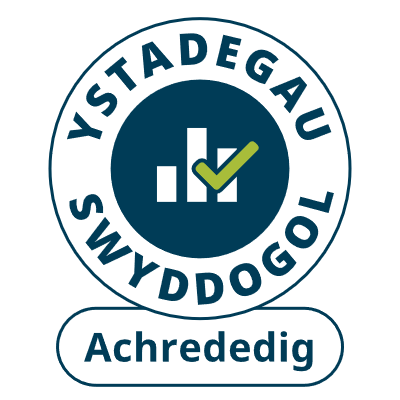
 Crefydd yn ôl nodwedd poblogaeth ac awdurdod lleol - Archif – Saesneg unig – Diweddaru mwyach
Crefydd yn ôl nodwedd poblogaeth ac awdurdod lleol - Archif – Saesneg unig – Diweddaru mwyach
Wedi ei archifo (Saesneg yn unig) – Nid yw’n cael ei ddiweddaru mwyach.
None
|
||||||||||||||||||||||||||||||||||||||||||||||||||||||||||||||||||||||||||||||||||||||||||||||||||||||||||||||||||||||||||||||||||||||||||||||||||||||||||||||||||||||||||||||||||||||||||||||||||||||||||||||||||||||||||||||||||||||||||||||||||||||||||||||||||||||||||||||||||||||||||||||||||||||||||||||||||||||||||||||||||||||||||||||||||||||||||||||||||||||||||||||||||||||||||||||||||||||||||||||||||||||||||||||||||||||||||||||||||||||||||||||||||||||||||||||||||||||||||||||||||||||||||||||||||||||||||||||||||||||||||||||||||||||||||||||||||||||||||||||||||||||||||||||||||||||||||||||||||||||||||||||||||||||||||||||||||||||||||||||||||||||||||||||||||||||||||||||||||||||||||||||||||||||||||||||||||||||||||||||||||||||||||||||||
Metadata
Teitl
Crefydd yn ôl nodwedd poblogaeth ac awdurdod lleolDiweddariad diwethaf
Tachwedd 2015Sefydliad cyhoeddi
Llywodraeth CymruFfynhonnell 1
Cyfrifiad 2011, y Swyddfa Ystadegau GwladolDynodiad
Ystadegau GwladolCwmpas daearyddol
Awdurdodau lleolTrwyddedu data
Gallwch ddefnyddio ac ailddefnyddio'r data hwn am ddim mewn unrhyw fformat neu gyfrwng, dan delerau'r Drwydded Llywodraeth Agored - gweler http://www.nationalarchives.gov.uk/doc/open-government-licence-cymraegDisgrifiad cyffredinol
For the 2011 Census, a usual resident of the UK is anyone who, on census day 2011, was in the UK and had stayed or intended to stay in the UK for a period of 12 months or more, or had a permanent UK address and was outside the UK and intended to be outside the UK for less than 12 months. For more information see http://www.ons.gov.uk/censusCountry of birth is the country in which a person was born. The country of birth question included six tick box responses - one for each of the four parts of the UK, one for the Republic of Ireland, and one for 'Elsewhere'. Where a person ticked 'Elsewhere', they were asked to write in the current name of the country in which they were born. Responses are assigned codes based on the National Statistics Country Classification.
The grouping of countries within the classification is broadly regional, but takes into account the grouping of European Union (EU) countries. Countries in the EU are grouped into those that were EU members in March 2001, and those that became members (Accession countries) between April 2001 and March 2011 as part of the EU enlargement process.
A person's national identity is a self-determined assessment of their own identity with respect to the country or countries with which they feel an affiliation. This assessment of identity is not dependent on legal nationality or ethnic group.
The national identity question included six tick box responses - one for each of the four parts of the UK (English, Welsh, Scottish, Northern Irish), one for British, and one for 'Other'. Where a person ticked 'Other' they were asked to write in the name of the country. People were asked to tick all options that they felt applied to them. This means that in results relating to national identity people may be classified with a single national identity or a combination of identities.
British identity excludes responses indicating an identity related to the British Virgin Islands and British Overseas Territories.
A person's national identity is a self-determined assessment of their own identity with respect to the country or countries with which they feel an affiliation. This assessment of identity is not dependent on legal nationality or ethnic group.
The national identity question included six tick box responses - one for each of the four parts of the UK (English, Welsh, Scottish, Northern Irish), one for British, and one for 'Other'. Where a person ticked 'Other' they were asked to write in the name of the country. People were asked to tick all options that they felt applied to them. This means that in results relating to national identity people may be classified with a single national identity or a combination of identities.
British identity excludes responses indicating an identity related to the British Virgin Islands and British Overseas Territories.
The 2011 Census question on religion asks for a person's current religion, or if the person does not have a religion, 'no religion'. No determination is made about whether a person was a practicing member of a religion. Unlike other census questions where missing answers are imputed, this question was voluntary, and where no answer was provided the response is categorised as 'not stated'.






 Pob person
Pob person